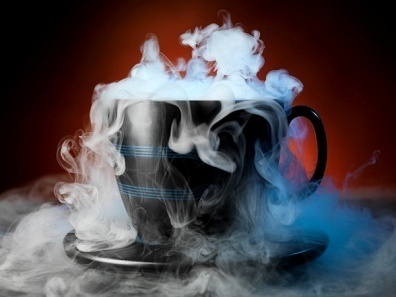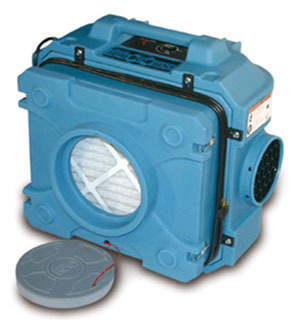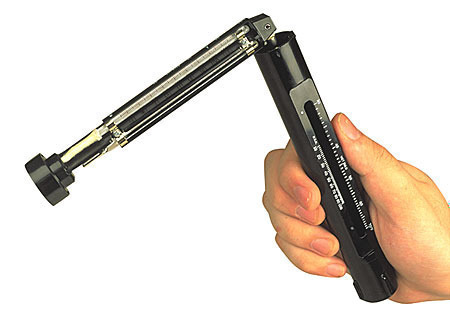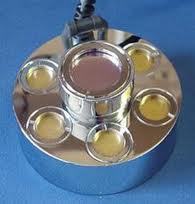When the Earth begins to get too hot, the water increases in temperature. As the water continues to get hotter, it begins to undergo a phase change in which water turns to gas. The water droplets turn into water vapor because the temperature has caused the individual water molecules to speed up considerably. This process of heating water up and turning it into vapor is known as evaporation.
Evaporation should not be confused with boiling because when water undergoes evaporation, only water molecules that are on the surface of the water are actually turning into water vapor. Under conditions of boiling, the entire water has reached a complete phase change and therefore, the water is being turned into gas at a much faster rate. The steam that is rising off of a pot of boiling water is water vapor evaporating.
Conditions that Affect Evaporation
While evaporation is a straight forward process of liquid water turning into water vapor, there are other conditions that can have an effect on the rate of evaporation. These conditions are:
- Pressure: The higher the pressure, the slower the evaporation because there is more pressure on the surface of the water keeping the molecules in place. If pressure is removed, the molecules can more freely launch themselves.
- Concentration: If the air is already very humid, it will take much longer for a cup of water to evaporate than if there is no water in the air at all. The more concentration, the slower the evaporation rate.
- Density: If a substance is more dense, the evaporation rate is slower. This is why alcohol evaporates faster than water, while water evaporates faster than mercury. Alcohol is less dense than water which is less dense than mercury.
- Surface Area: If all of the heat is only hitting an area 1 inch by 1 inch, there is only going to be room for 1 inch by 1 inch of molecules to make the phase change. If heat is hitting 1 mile by 1 mile, more water vapor will be formed. The more surface area, the faster evaporation.
While evaporation is always going on, it was found that there is only about 3 millimeters of water evaporated daily on average. In warmer areas, the amount might be more. In colder areas, the amount might be less. It is because of evaporation that the Earth doesn't get too hot. The heat on the Earth rises up and cools as it goes higher into the atmosphere.




Sweetmart929
who is the author/publisher of this article?
Tiffany Gooding
me to but it doesnt matter
citer2
I would like to cite this article, but can not find the author’s name. Anyone know?
Sweetmart929
I was wondering that too
g2b2
“The steam that is rising off of a pot of boiling water is water vapor evaporating.”
The sentence should be :
The steam that is rising off of a pot of boiling water is water vapor condensing.
poopbae23
I have a question, is this about regular evaporation or is it about evaporation occuring when you put a liquid in a pan and boil it?
Bloop
Regular evaporation. The latter can’t really be described as evaporation. Second paragraph.
anthony vanpelt
earth is spelled wrong last sentence
H3llas
Fixed. Thanks.
Satyen
Dear Friends
I have seen an machine in the water which produces steam like effect but is not steam or not hot. Would like to know what it is called
thanks
Joe Kremer
Bullet #3 needs some correcting. Ice is less dense than water, that is why floats on the surface of water. If it didn’t float all bodies of water would freeze from the bottom up. Water is most dense at around 4 degrees celsius. The reason ice doesn’t evaporate as quickly as water is because it must undergo 2 phase changes instead of one.
Thanks.